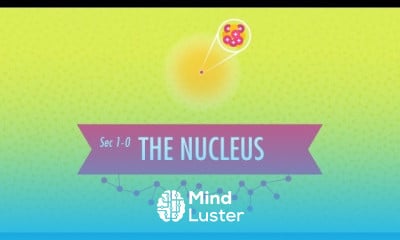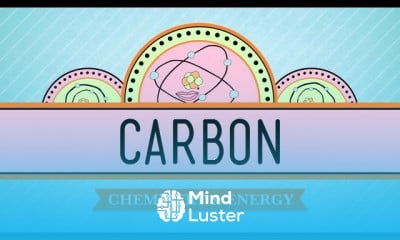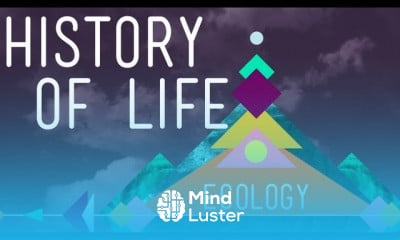Organic Chemistry
Science
Another Science Courses
Course summary. Structure and bonding. Resonance and acid-base chemistry. Alkanes, cycloalkanes, and functional groups. Stereochemistry. Substitution and elimination reactions. Alkenes and alkynes. Alcohols, ethers, epoxides, sulfides. Is Organic Chemistry difficult? Organic chemistry is not a difficult subject, and once you know it, it will become an enjoyable course as you blast your way through reaction after reaction. What any student who wants to perform well in the class needs is 100% commitment to learning the subject, and a rock solid study plan What is organic chemistry class? So what is organic chemistry, anyway? And why is it so difficult? Basically, orgo examines how molecules containing carbon interact, but it doesn't require equations or math, as in physics. Instead, you learn how electrons flow around and between molecules, and you draw little curved arrows showing where they go What are the 5 main organic compounds? Five functional groups are important in human physiology; these are the hydroxyl, carboxyl, amino, methyl and phosphate groups (Table 2.1). Hydroxyl groups are polar. They are components of all four types of organic compounds discussed in this chapter. What is the hardest type of chemistry? Organic Chemistry Organic Chemistry: It shouldn't surprise you that organic chemistry takes the No. 1 spot as the hardest college course Is water an organic compound? The most general classification of chemical compounds is that of inorganic and organic substances. Inorganic substances generally do not contain a carbon atom, whereas organic substances contain several. ... Water is definitely an inorganic compound (dihydrogen oxide) and methyl alcohol is definitely an organic compound. Is inorganic chemistry harder than organic? inorganic is moderately tough but as not as physical chemistry. organic chemistry is easy as it contains basic concepts. Why is it called organic chemistry? specialized field of chemistry called organic chemistry, which derives its name from the fact that in the 19th century most of the then-known carbon compounds were considered to have originated in living organisms.









